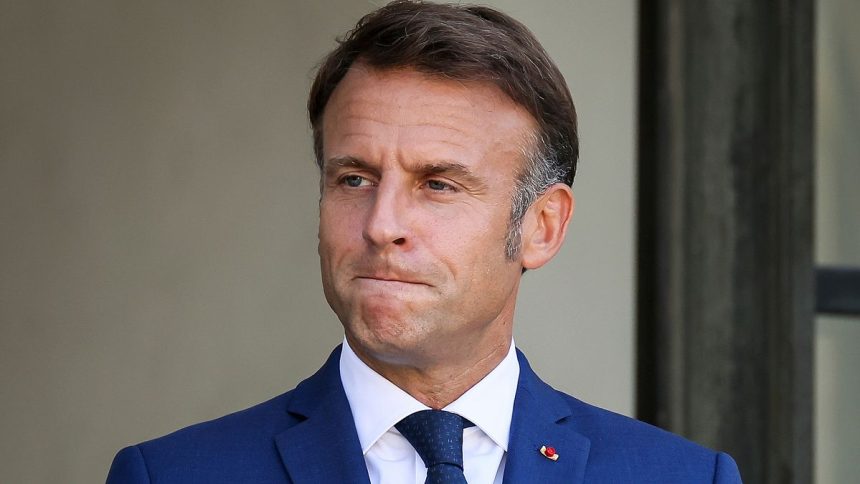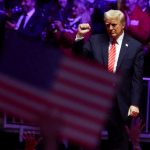France’s political headache is far from being resolved. President Emmanuel Macron relaunched a new round of marathon talks on Tuesday with various political groups in the hopes of forming a new government.
Representatives of the independent centrist group LIOT were consulted on Tuesday and the recently renamed conservative right-wing party called “The Republican Right” will speak to the president on Wednesday.
The left-wing coalition, the New Popular Front (NFP), which won the most seats in the snap elections but fell short of a majority, has refused to participate in the ongoing talks.
On Monday evening, Macron once again rejected the NFP’s candidate for prime minister, civil servant and economist, Lucie Castets.

In a statement, the leader said that a left-wing government would threaten “institutional stability”, as it would not survive a confidence vote in the National Assembly, the lower house of the Parliament.
Politicians from the centre, the right and the far-right have announced that they would try to bring down any government headed by the left.
“The work continues and the door is open” declared Emmanuel Macron before he received Irish Prime Minister Simon Harris at the Élysée Palace on Tuesday evening.
Macron also said he would welcome “all those who wish to continue to work in the best interest of the country”.
Hard-left France Unbowed party threatens to launch impeachment procedure
There’s no legal requirement for Macron to name a prime minister from the party that won the most seats but the NFP has insisted that candidates should come from their ranks because it’s the largest group.
The hard-left France Unbowed (LFI) party which has been isolated and branded by Macron and other parties as extreme, announced they will launch impeachment proceedings against the head of state.
France Unbowed coordinator Manuel Bompard qualified Macron’s comments as an “unacceptable anti-democratic coup” and called for protests on 7 September.
In a sign of fracturing opinion on the left, Pierre Jouvet, the Socialist Party’s secretary-general, said that its supporters don’t plan to take part in protests, and hinted that they were open to further discussions with the president.
“We are not calling for people to take to the streets at this stage,” Jouvet said in an interview with France Info. “The emergency is in the debate, in the political discussion, even if Emmanuel Macron’s decision worries us deeply.”
But with the upcoming Paralympics opening ceremony on Wednesday night and Macron’s visit to Serbia at the end of the week, the nomination of the future prime minister is becoming increasingly urgent.
The resigning government under Prime Minister Gabriel Attal has been managing current affairs for more than 40 days now – an unprecedented situation since the post-war period.
Moreover, the clock is ticking as the nation’s crucial budget plan for 2025 must be presented before 1 October to Parliament.
The absence of any dominant political bloc is unprecedented in France’s recent political history and it’s looking like the country is heading towards a hung parliament with none of the three blocs wanting to form a coalition.
Euronews











